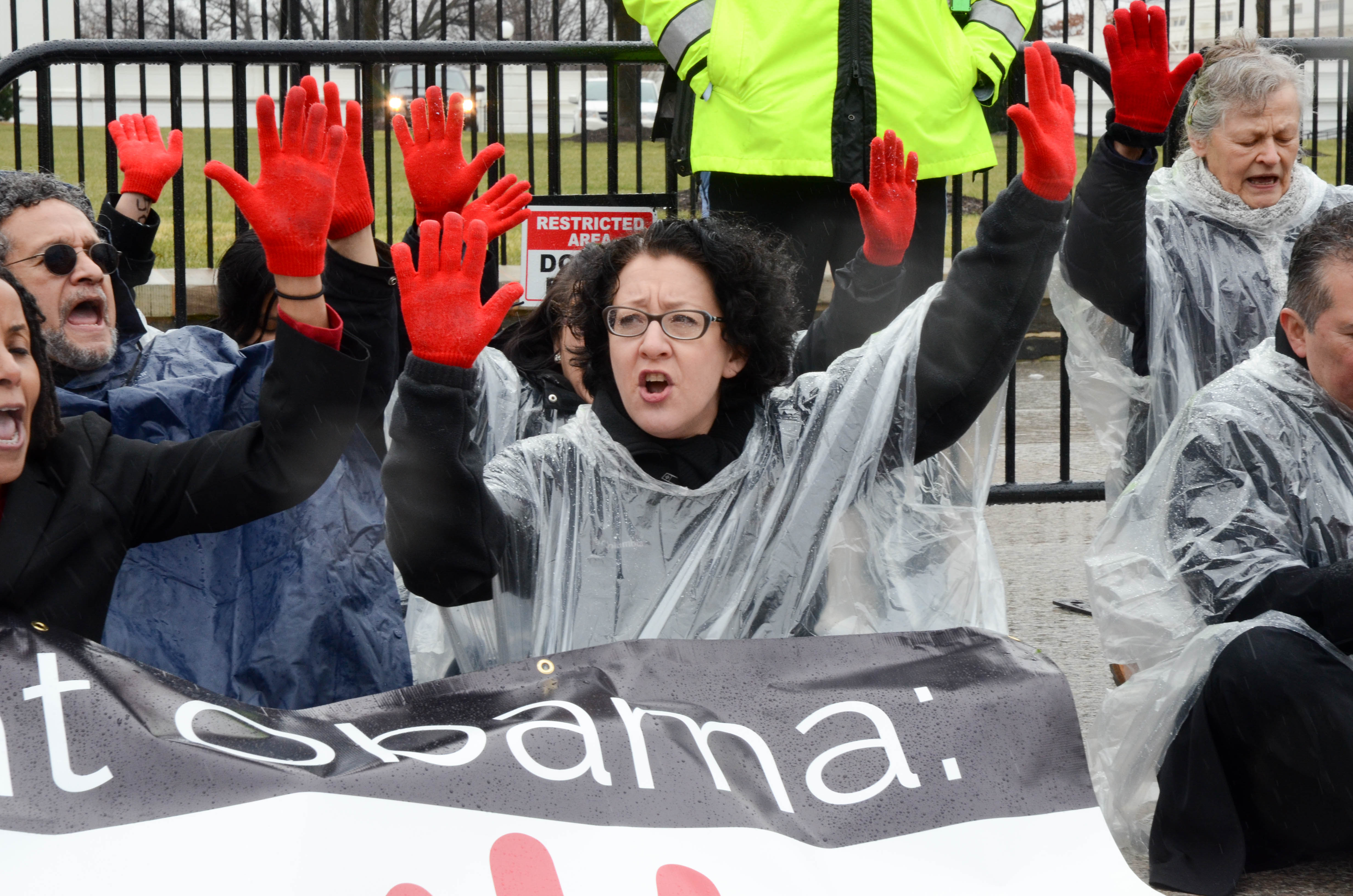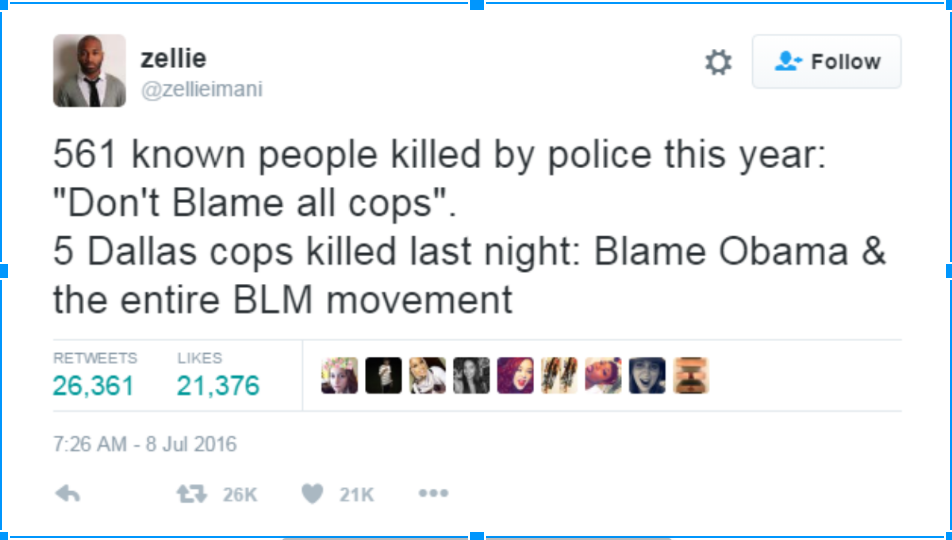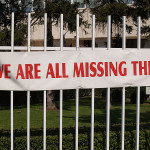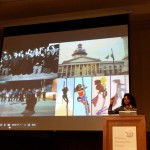by Treston Codrington (Staff Writer)
Welcome to Yale, freshpeople!
It’s tragically ironic that the spaces that aim to break down oppressive hierarchical systems can often be oppressively elitist and inaccessible themselves, just like this sentence. Welcome to four years of big word soup—in the classroom and on the picket line.
If you are reading this magazine, you probably realize that people of color are standing up for themselves. We dare to love ourselves and our identities and call out the people and beliefs that endanger us. In the process we’ve labeled many of the cogs in the system that seek to repress us. We’ve also named many of the beautiful identities we claim.
This can be intimidating to anyone on the journey to “wokeness.” Remember: it is a journey and we have to help each other on it.
So DOWN has your back in decoding some of the jargon of social justice.
WOKE
Let’s start with WOKE. To be woke simply means to be aware of the social and political happenings of the world, especially concerning the plight of people of color. There is a whole sphere of twitter dedicated to wokeness. Here is but one example:
PRIVILEGE
Oh, a scary one. Daniel J. Beal, in the 2009 article “Conflict and Cooperation in Diverse Workgroups”, defines privilege as “a group of unearned cultural, legal, social, and institutional rights extended to a group based on their social group membership. Individuals with privilege are considered to be the normative group, leaving those without access to this privilege invisible, unnatural, deviant, or just plain wrong. Most of the time, these privileges are automatic and most individuals in the privileged group are unaware of them. Some people who can ‘pass’ as members of the privileged group might have access to some levels of privilege.”
All Yale students, as people with access to tremendous resources, have a large degree of privilege. But some of us have more privilege than others. Wealthier students who don’t have to sacrifice their self-interests and certain opportunities because they have to work during their free time just stay here are more privileged.
White students on campus have the privilege of approaching conversations about race (and figures like feral 19th-century slavery proponent John C. Calhoun) as just another philosophical topic, rather than a defense of their existence and emotional well-being.
Privilege can be what a person is born with or the ability to choose. Having privilege isn’t inherently bad, but what you choose to do with it is a solid test of character.
OPPRESSION
Oppression, in the context of social justice, is the use of institutional power and privilege to benefit a certain group over another. An example of this is the gender wage gap. White and Asian women make roughly 80 cents to the white man’s dollar. Black, Hispanic, and Native women make about 60 cents to the white man’s dollar. Within their own race or ethnicity, most women make about 80-90% of their male counterparts, indicating that men of color are also at a wage disadvantage to white men. Don’t let anybody tell you oppression ended in 1965. Because it didn’t.
So those are some basic ones. Here is some more advanced jargon.
INTERSECTIONALITY
Intersectionality originated from feminist sociology. It was initially a model to critically analyze the overlap and combined forces of various types of privilege and oppression. For example, the gender gap we mentioned earlier is an intersection of racism and misogyny. This intersection applied to black women is often called misogynoir, a term coined by scholar Moya Bailey.
Presently, especially on college campuses, intersectionality has taken on a second meaning. It is now used to describe the study of a combination of two seemingly unrelated variables or fields of thought. For example, my journalistic writing often covers the intersection of religious and racial culture or environmental issues and racism (i.e. environmental racism).
–ISM
You will hear A LOT of –isms. Racism, ageism, classism, ableism, sexism – the list goes on. Basically, the –isms describe any social phenomenon where prejudice is accompanied by the power to enact it. If you can think of a way that a group that is disadvantaged or disparaged by another, it’s an –ism.
GENDER
There is a lot that we have to unlearn and relearn. One such thing is gender. Gender and sexuality are exclusive from each other. Gender is gender. Sexuality is sexuality. Understanding gender can start at cis and trans. A cisgender person is an individual whose gender identity and the expression of that identity lines up with their birth-assigned sex. A transgender person is an umbrella term for people who do not identify with their birth-assigned sex or do not express it in the way society typically expects. A genderqueer person is someone who does not identify with or express themselves within the gender binary of male and female. At Yale we have the Office of LGBTQ Resources to be a source of information, culture, and strength to the community.
LATINX
On the topic of gender-inclusiveness, is the term ‘Latinx’. This term covers people from Latin America who may not identify as Latino or Latina, which imply specific gender identities due to the gendered nature of the Spanish language.
To understand the often confused but important distinction between ‘Hispanic’ and ‘Latinx’, watch this great video from MTV News.
WHITE-PRESENTING
You may have heard of white-passing before. The term ‘white-presenting’ not only describes a person of color who appears to be white, but also takes into account that said person may not be intentionally trying to live their lives as white.
Now, here are some terms that I didn’t know until about a month ago:
YT—
I swear, I thought yt meant ‘yeet’ or problematic people of something. It’s actually just another way of referring to white people when you’ve had quite enough of some white nonsense (self-explanatory).
HOTEPS
This one is great. It is an Egyptian word that roughly translates “to be at peace”. It is often used as a greeting. Bossip.com put it pretty well when they described hoteps as the “#StayWoke crowd of men who claim to represent the roots of Africa or whatever…but deep down they display misogynist and homophobic traits. Their statuses make little sense and usually offend more than help.”
This some hotep BS:
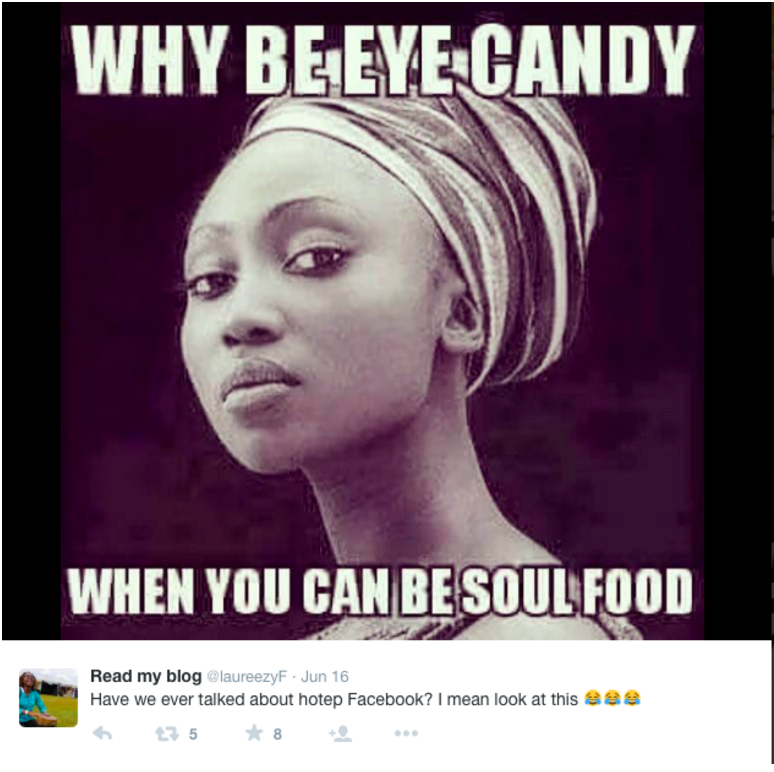
So freshpeople, I hope this definitely non-exhaustive list has given you a basic etymological toolkit to take on dismantling the systems of oppression that tower around us at Yale and in this country. Now, feel free to jump into those comment wars on Facebook. Go ‘head 2020 warriors!
___________________________________________________________________
References:
Conflict and cooperation in diverse workgroups
